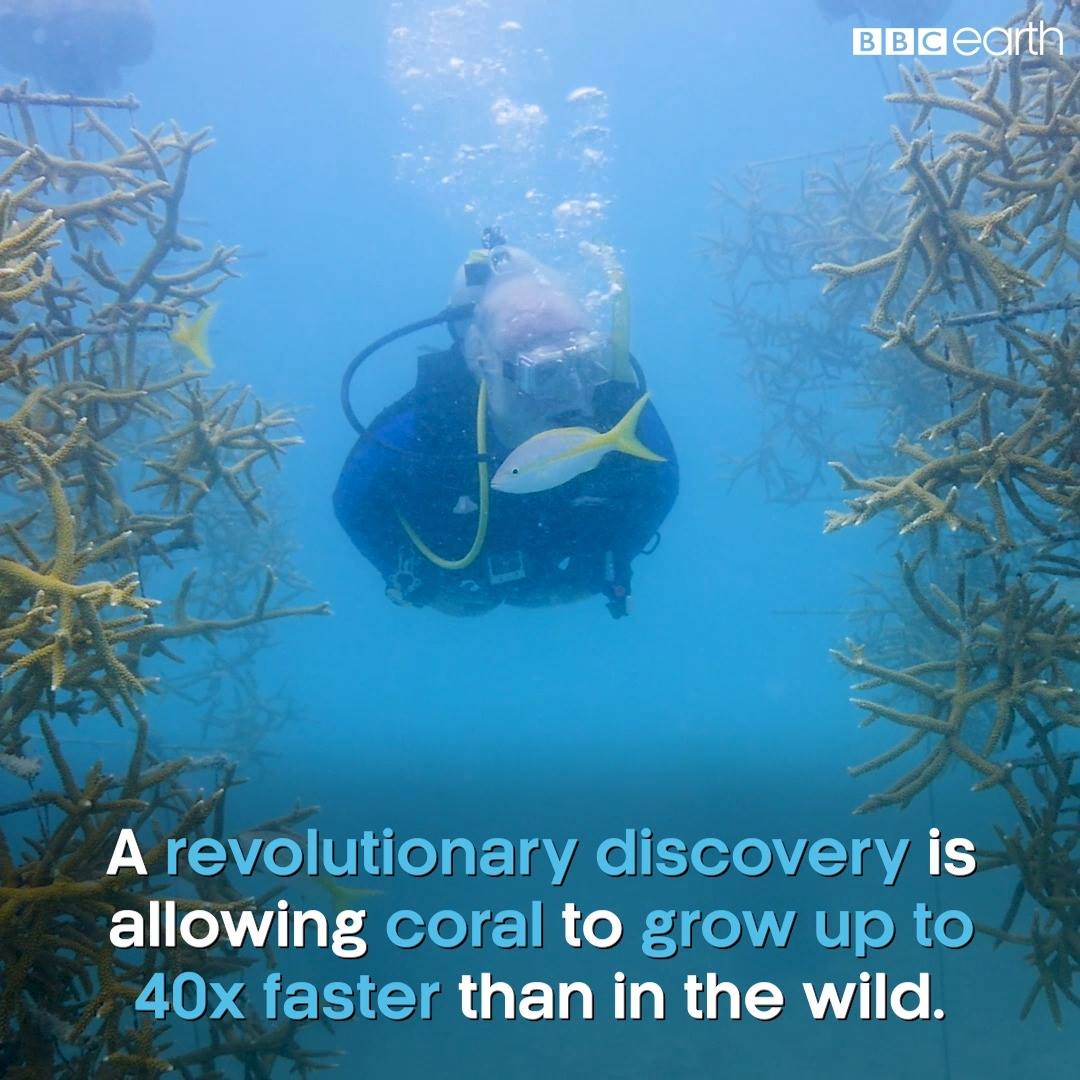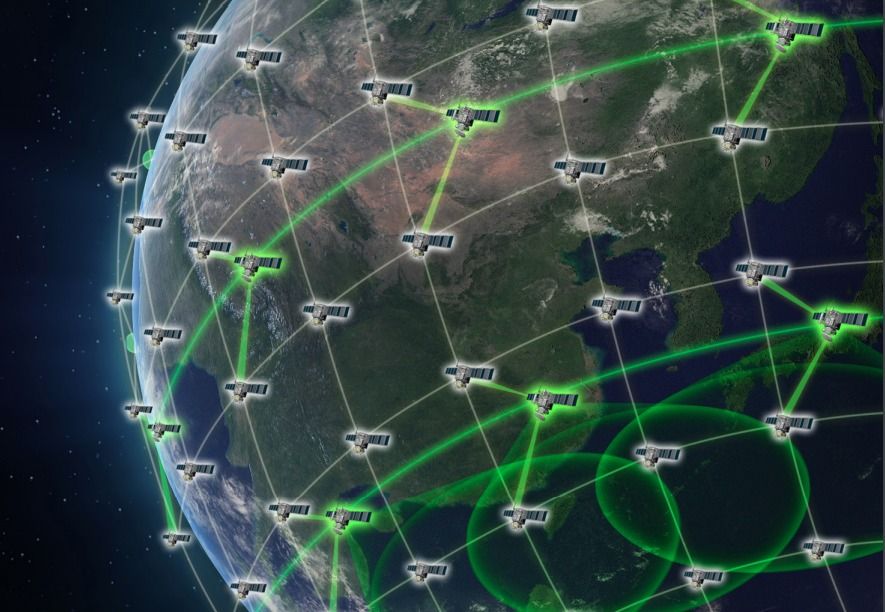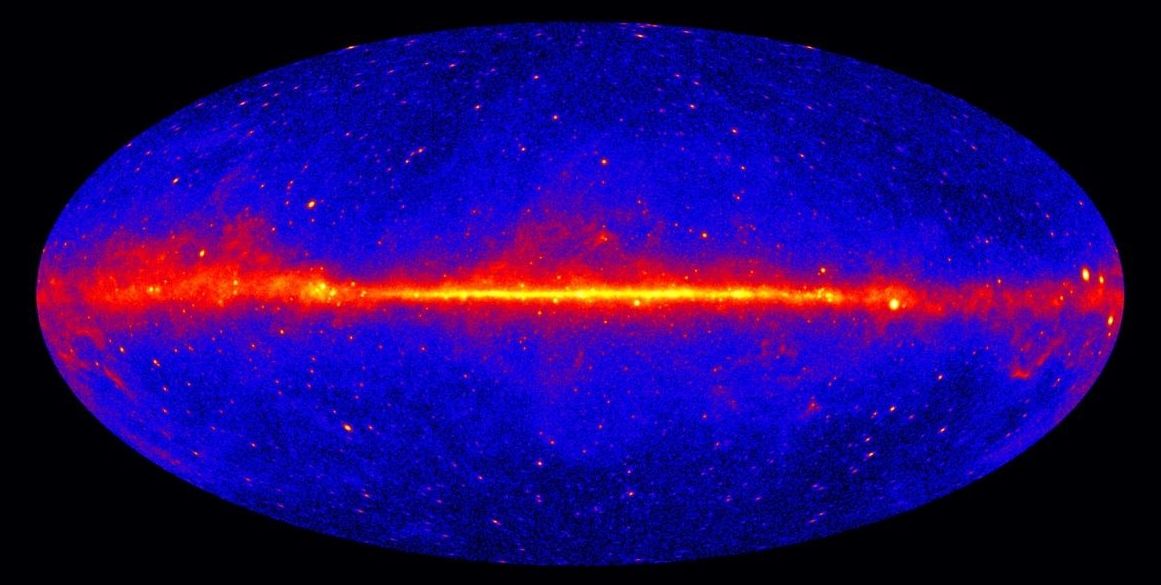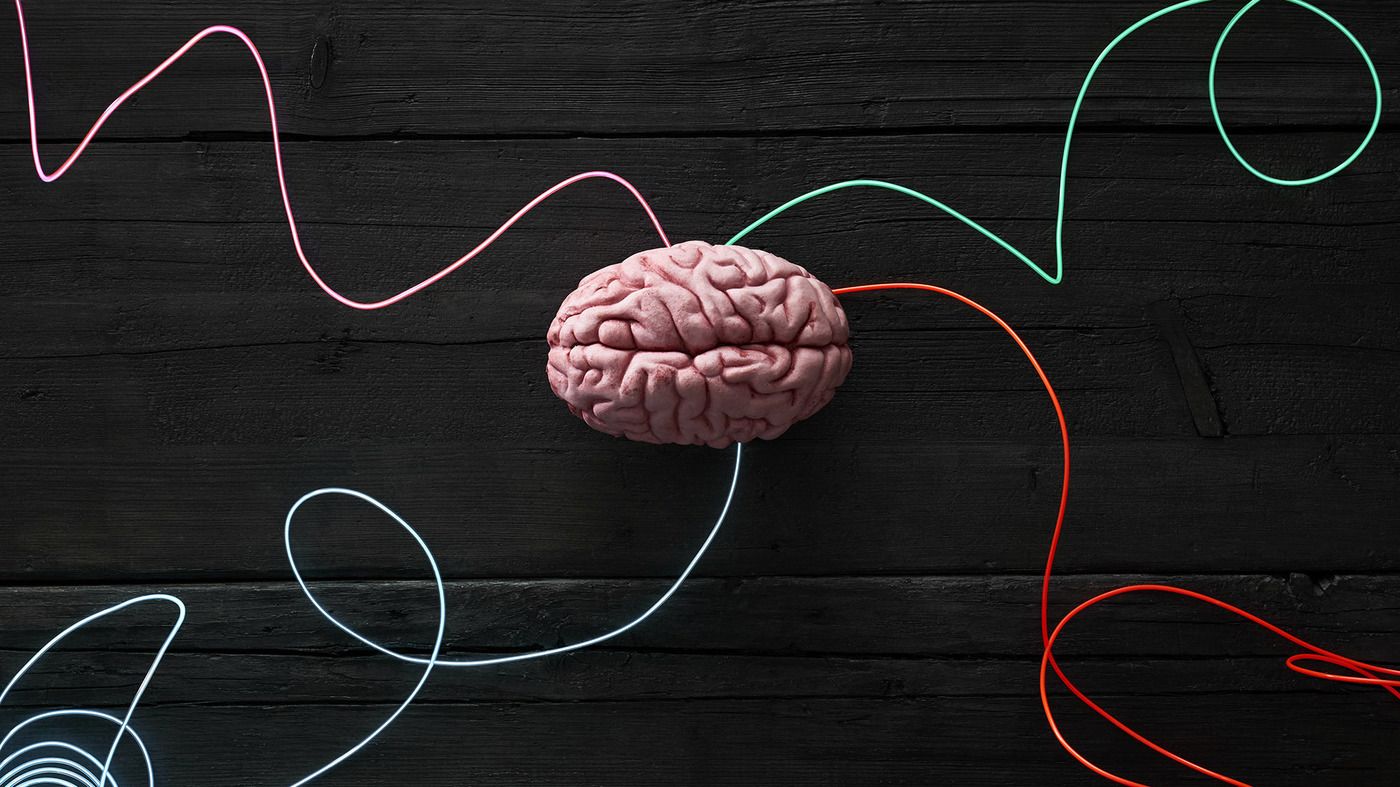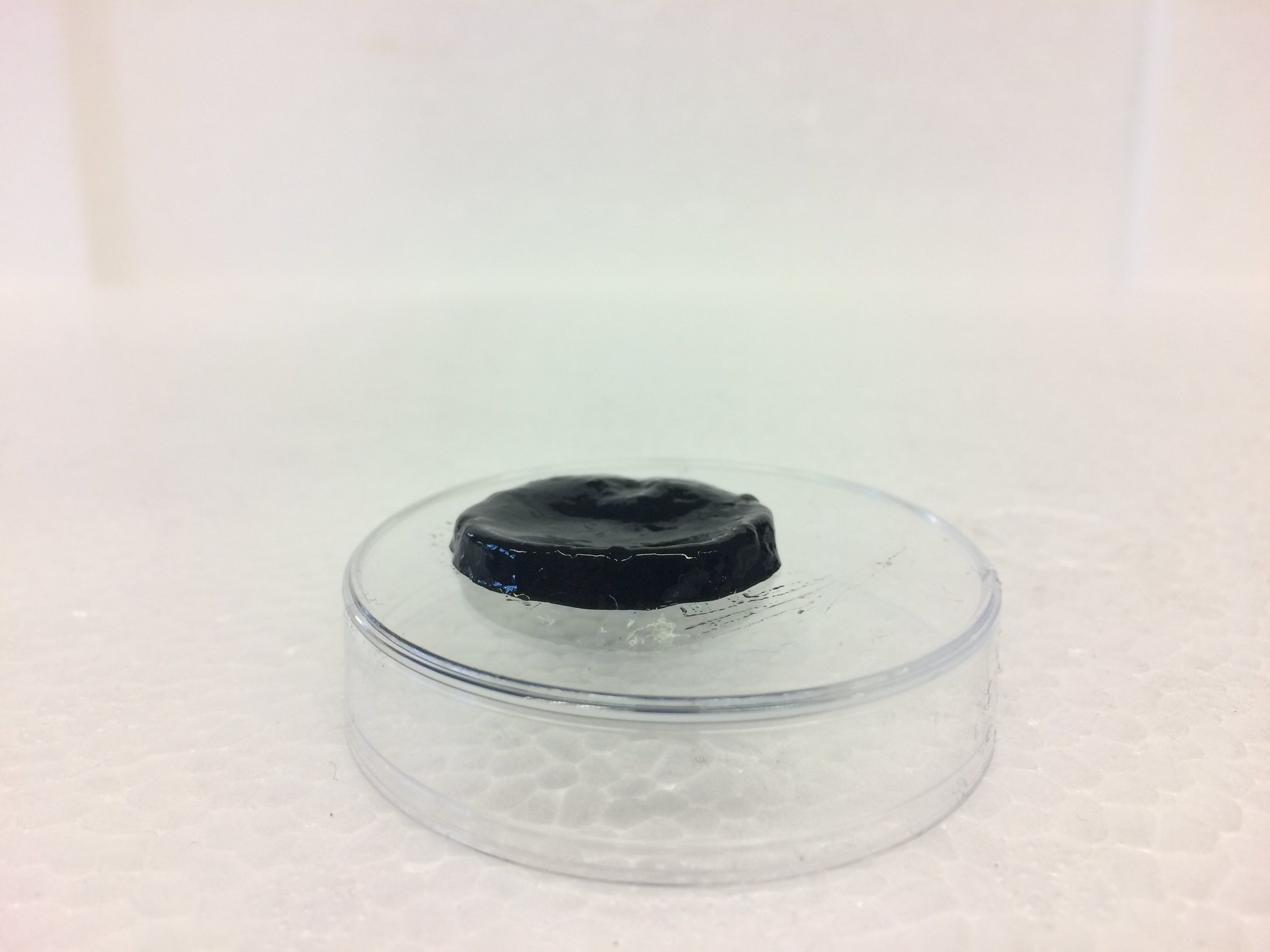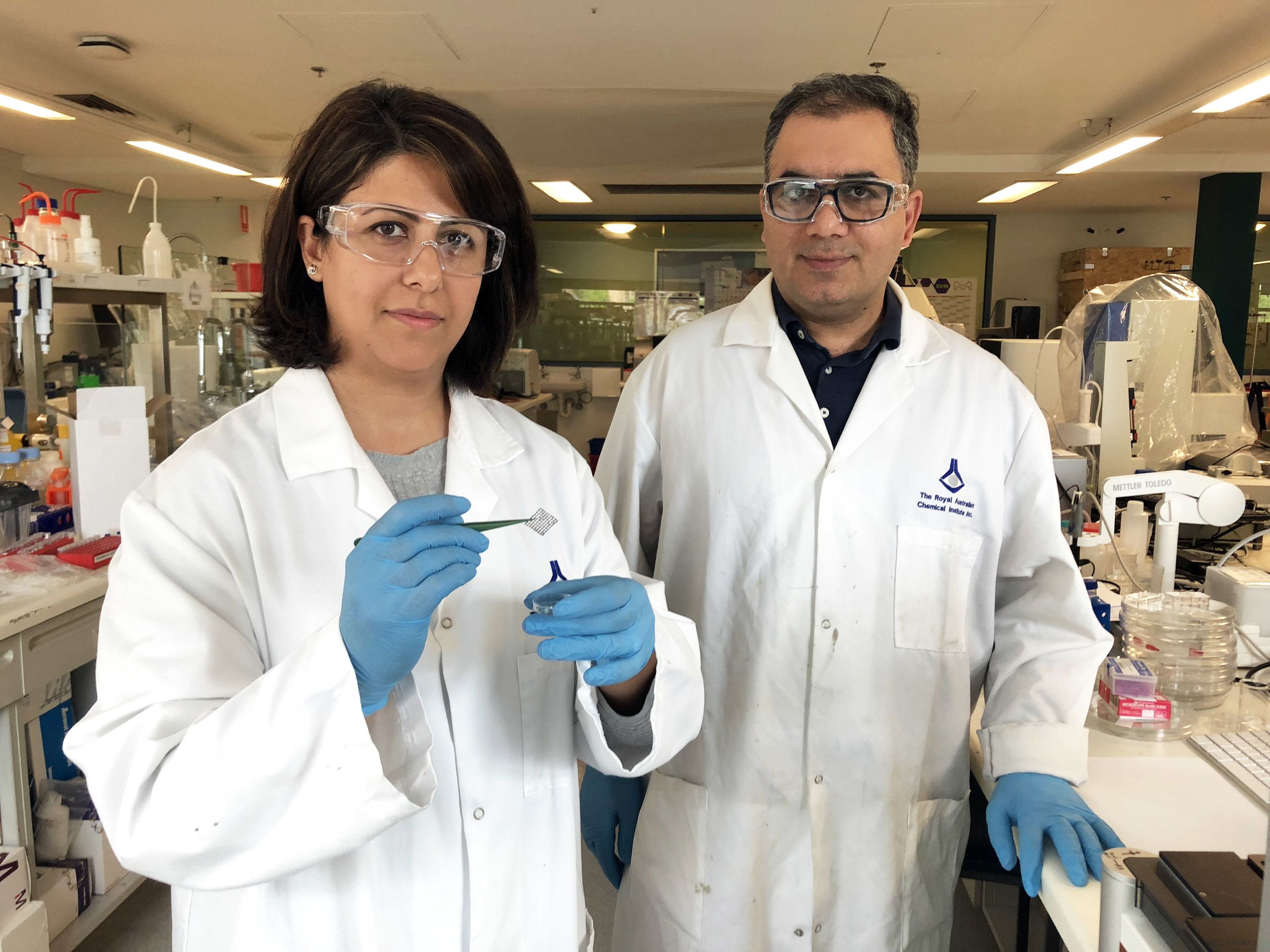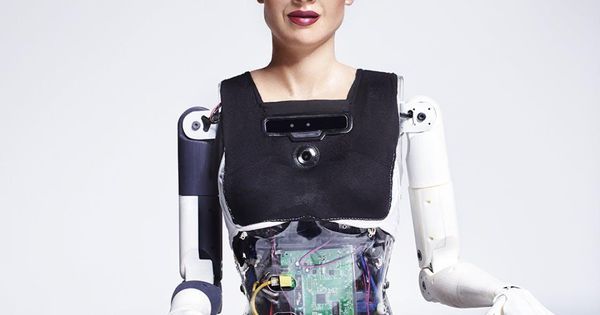Page 9264
Nov 29, 2018
Telesat wins study contract for DARPA’s experimental constellation
Posted by Genevieve Klien in categories: business, military, satellites
WASHINGTON — The Defense Advanced Research Projects Agency has awarded satellite operator Telesat a contract to study the use of commercial buses in the agency’s experimental low-Earth-orbit constellation program known as Blackjack.
Telesat of Ottawa, Canada, is the third company to receive a study contract for Blackjack, a DARPA demonstration mission that envisions deploying 20 satellites — each carrying one or more payloads. DARPA’s goal is to find lower cost alternatives to traditional military satellites. DARPA aims to pay no more than $6 million per satellite, including launch. European satellite manufacturer Airbus Defence and Space and small satellite manufacturer Blue Canyon Technologies of Boulder, Colorado, received similar contracts over the past four weeks.
Telesat’s contract, which the company announced Nov. 27, is a 12-month study to assess the utility of Telesat buses as the company refines its plans for a constellation of roughly 300 small, broadband satellites. Telesat has yet to select a manufacturer for its satellites. Two contenders, Airbus Defence and Space and a team formed by Thales Alenia Space and Maxar Technologies, are competing to build an unspecified number of satellites. Michael Schwartz, Telesat’s senior vice president of corporate and business development said the company still plans to down select a manufacturer in the spring.
Continue reading “Telesat wins study contract for DARPA’s experimental constellation” »
Nov 29, 2018
Elon Musk announces Tesla software update with new rain sensing neural net and Easter eggs
Posted by Genevieve Klien in categories: Elon Musk, robotics/AI
Tesla CEO Elon Musk announced that the automaker is soon going to release new software updates with an upgraded rain-sensing neural net and several Easter Eggs.
With the Autopilot 2.0 system, Tesla decided not to go with a normal rain sensor to activate its automatic windshield wiper system and instead relies on a neural net system to detect rain with its camera.
They started releasing a beta version earlier this year.
Nov 29, 2018
Closer look at Rivian’s R1T all-electric pickup truck and why I ordered it
Posted by Genevieve Klien in category: transportation
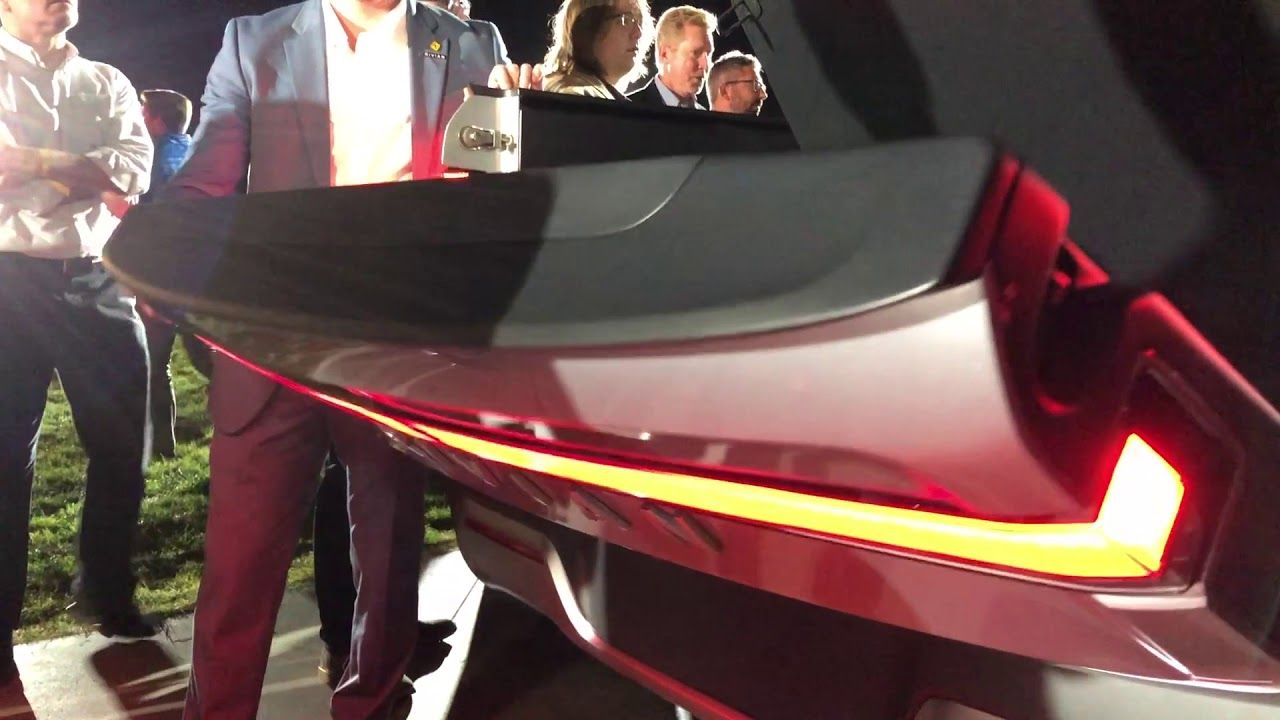
Following the unveiling of the Rivian R1T all-electric pickup truck, we took a closer look at what is becoming one of the most anticipated EVs scheduled to come out in the next two years.
Here’s a ton of pictures, videos, and GIFs of the Rivian R1T, and why I ordered one.
Continue reading “Closer look at Rivian’s R1T all-electric pickup truck and why I ordered it” »
Nov 29, 2018
This is How Many Photons Are in the Entire Observable Universe
Posted by Genevieve Klien in category: futurism
Researchers from Clemson University used almost a decade of gamma ray data to map the entire observable universe for the very first time.
Experimental Brain Stimulation Relieved Depression Symptoms In Study : Shots — Health News People with symptoms suggesting depression felt better immediately when tiny pulses of electricity reached a brain area called the lateral orbitofrontal cortex.
Nov 29, 2018
LIVE Announcement: New Moon to Mars Partnerships with US Companies
Posted by Michael Lance in category: space travel
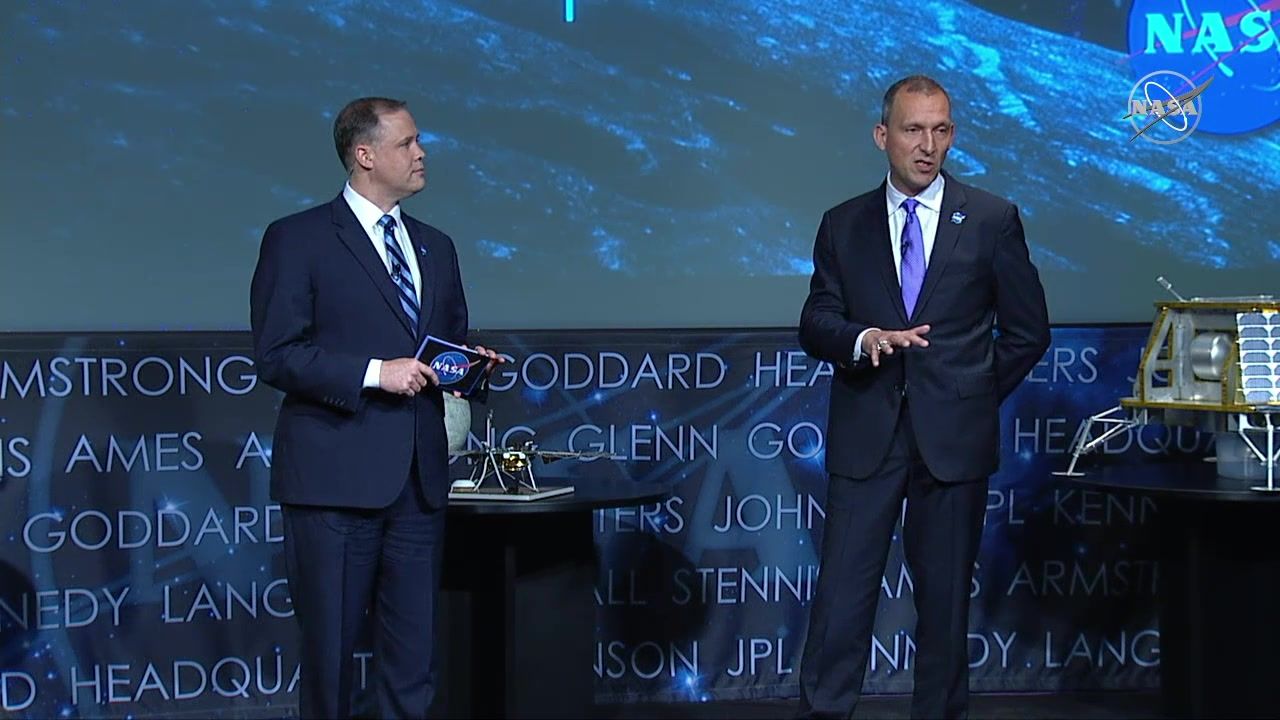
The technology we used to first explore the Moon was groundbreaking for its time. Just imagine what we will accomplish this time around! Join us live as NASA Administrator Jim Bridenstine announces new Moon partnerships with American companies at 2 p.m. EST from our Headquarters in Washington, DC. http://go.nasa.gov/2raigLb&h=AT2-8jJD2ombVAS-0YRBs3zHITf…_ADxNsNZ9g
Nov 29, 2018
Hydrogel-based electrodes for brain implants developed
Posted by Klaus Baldauf in categories: biological, engineering, neuroscience
Hydrogels are physical and chemical polymer networks capable of retaining large quantities of liquid in aqueous conditions without losing their dimensional stability. They are used in a whole host of applications, and in combination with other components and they acquire specific properties such as electrical conductivity. The Materials + Technology research group in the Department of Chemical Engineering and Environment of the UPV/EHU’s Faculty of Engineering selected a biopolymer that had not previously been used for applications of this type: starch. “One of our lines of research focuses on starch, and we regard it as having biological, physical and chemical properties suitable for producing hydrogels,” said Kizkitza Gonzalez-Munduate, a member of the group.
Nov 29, 2018
Study unlocks full potential of ‘supermaterial’ graphene
Posted by Genevieve Klien in categories: computing, physics, solar power, sustainability
New research reveals why the “supermaterial” graphene has not transformed electronics as promised, and shows how to double its performance and finally harness its extraordinary potential.
Graphene is the strongest material ever tested. It’s also flexible, transparent and conducts heat and electricity 10 times better than copper.
After graphene research won the Nobel Prize for Physics in 2010 it was hailed as a transformative material for flexible electronics, more powerful computer chips and solar panels, water filters and bio-sensors. But performance has been mixed and industry adoption slow.
Continue reading “Study unlocks full potential of ‘supermaterial’ graphene” »
Nov 29, 2018
Little Sophia: A New Robot Citizen Has Entered Our World
Posted by Genevieve Klien in category: robotics/AI
Recently, I came across a video featuring Jimmy Fallon interacting with the world’s first robot citizen, Sophia, and a new edition to the robot world, her little sister, Little Sophia. If you have not come across Sophia and Hanson Robotics then check out Zara‘s article to find out more. In short, Sophia is a human-like robot created by Hanson Robotics, an artificial intelligence company located in Hong Kong.
